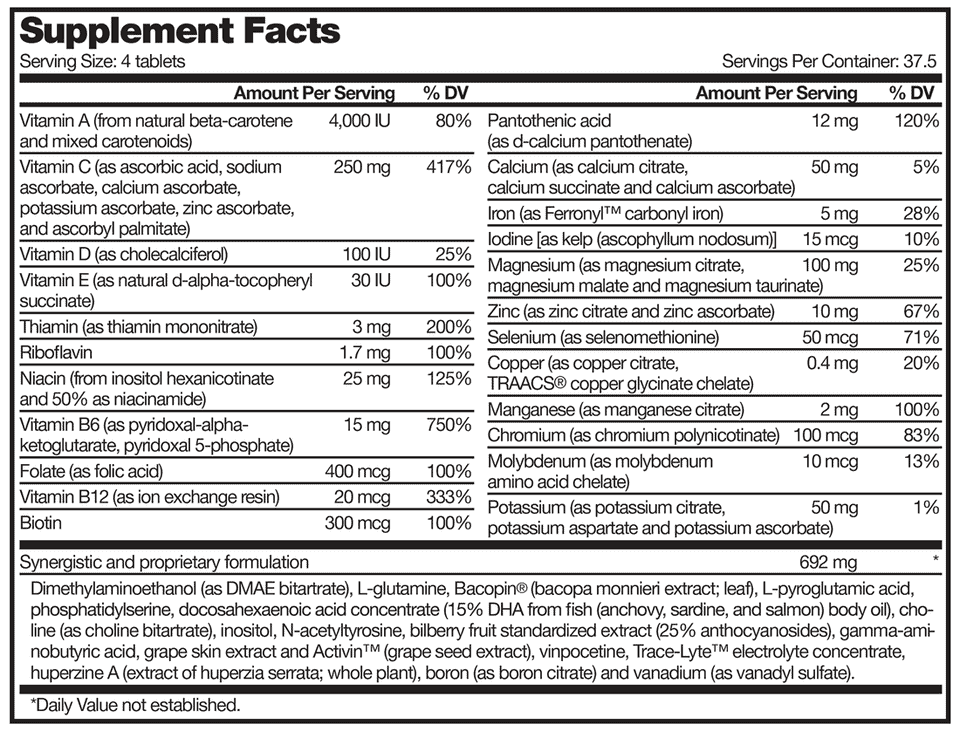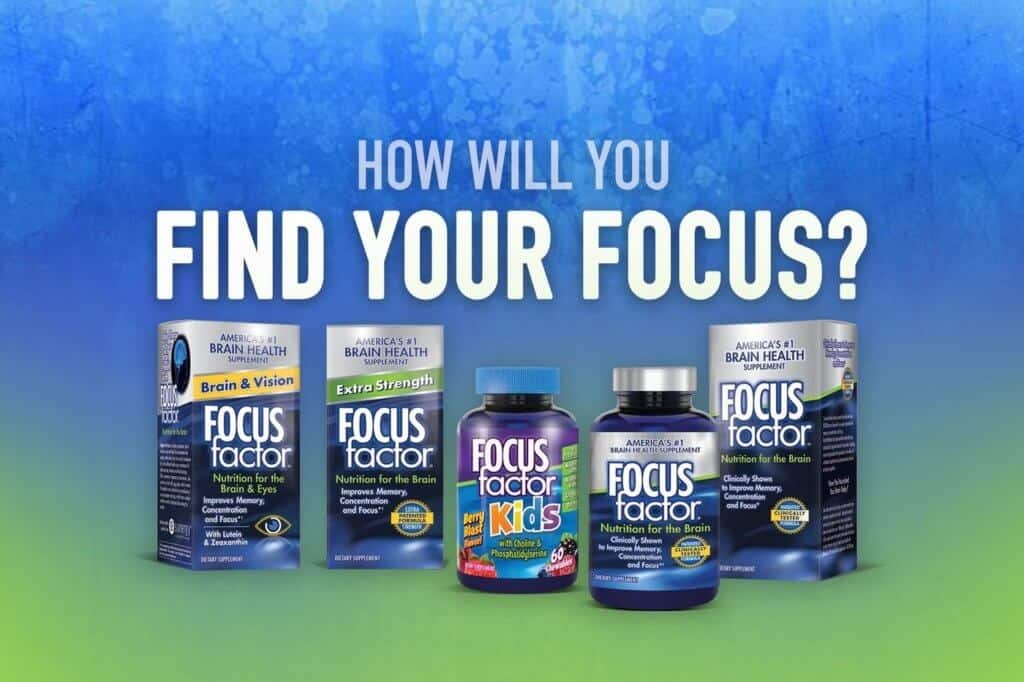

We used six questions to guide our evaluation of the selected products: (a) What is the cost per day of the product? (b) What is the health claim made by the manufacturer? (c) What are the active ingredients? (d) Is there research to support the health claim? (e) Are there any warnings on the package? and (f) Is there a Dietary Supplement Health and Education Act (DSHEA) disclaimer? In this article, we identified a convenience sample of memory-enhancing herbal products that were found to be available commercially, examined their active ingredients, stated their claims, and evaluated the available evidence to determine their efficacy. Nutraceutical products not only are unregulated by the Food and Drug Administration (FDA), but their use by individuals is often not reported to nurses and/or physicians. In the other survey, 65% of older adults reported that they used dietary supplements ( Ness, Cirillo, Weir, Nisly, & Wallace, 2005). In the first study, the researchers found that adults greater than 60 years of age had a higher use of all supplement types than did younger age groups ( Radimer et al., 2004). Two national surveys of adults in the United States were reported. The market for nutraceuticals to enhance and maintain memory function is booming. However, although they determined that the benefits were not entirely due to the placebo effect, the researchers concluded that there was insufficient evidence to regard homeopathy as effective for any single clinical condition.

(1997) meta-analyzed 89 clinical trials of research on homeopathy, which is one of these treatments. When diagnosed with a disease of uncertain outcome, people often turn to unproven treatments ( Cohen, Ek, & Pan, 2002 Coleman, Fowler, & Williams, 1995 Dergal et al., 2002 Ernst, 2000, 2002 Houston, Daniel, Johnson, & Poon, 1998 Kessler et al., 2001 Planta, Gundersen, & Petitt, 2000 Temple & Himmell, 2002 Wyatt, Friedman, Given, Given, & Beckrow, 1999). With the increased interest in nutraceuticals, medical and allied health care professionals interested in holistic practices, including medical and research scientists, are carrying out clinical trials to determine whether these treatments have any merit or produce the stated results ( Fontanarosa & Lundberg, 1998 Sand-Jecklin & Badzek, 2003). Products in this category include vitamins, minerals, herbs, amino acids, and other substances that are not intended as a substitute for food ( Eisenberg et al., 1998 Elvin-Lewis, 2001). The manufacturers label the individual products as either dietary supplements or herbal products. They include a new class of product, the dietary supplement, which is considered neither food nor drug and is not subject to the same regulatory hurdles as prescription and over-the-counter medicines. Combining two words, nutrition and pharmaceutical, created the term nutraceutical. Nutraceuticals are commonly defined as any substance that is considered a food, a part of a food, a vitamin, a mineral, or an herb that provides health benefits, including disease prevention and/or treatment, and they were first identified in 1989 ( Kalra, 2003). Some of these strategies adapted by people are the use of nutraceuticals. These findings suggest that preventative strategies for sustaining high intellectual performance in later life may be possible ( Calvaresi & Bryan, 2001 Rowe & Kahn, 1987, 1997). Poor health, decreased physical activity, high blood pressure, medications, and vitamin deficiencies affect memory negatively, whereas good health, increased physical and mental activity, a higher level of education, and decreased depression all have positive influences on memory. Growing older is often expected to usher in declines in memory and cognition, and this is borne out from longitudinal studies of cognitive aging ( Hultsch, Hertzog, Small, McDonald-Miszczak, & Dixon, 1992 Small, Dixon, Hultsch, & Hertzog, 1999 Zelinski & Stewart, 1998). Until more research is available, it is suggested that holistic nursing professionals exercise caution in recommending nutraceuticals to their patients/clients for the use of cognitive improvement or memory enhancement. Finally, the manufacturers of the product have usually conducted the research on individual products. Third, the evidence of treatment efficacy is often contradictory, because products are recommended for purposes other than cognitive or memory loss. Second, some ingredients are completely homeopathic and contain components not known outside of the homeopathic field. First, a majority of the products use cognitive terminology, which leads consumers to anticipate an intended cognitive benefit. The analyses identified four problematic areas. This article identifies a convenience sample of 14 memory-enhancing herbal products that were found to be available commercially, examines their active ingredients, states their claims, and evaluates the available evidence to determine their efficacy.


 0 kommentar(er)
0 kommentar(er)
